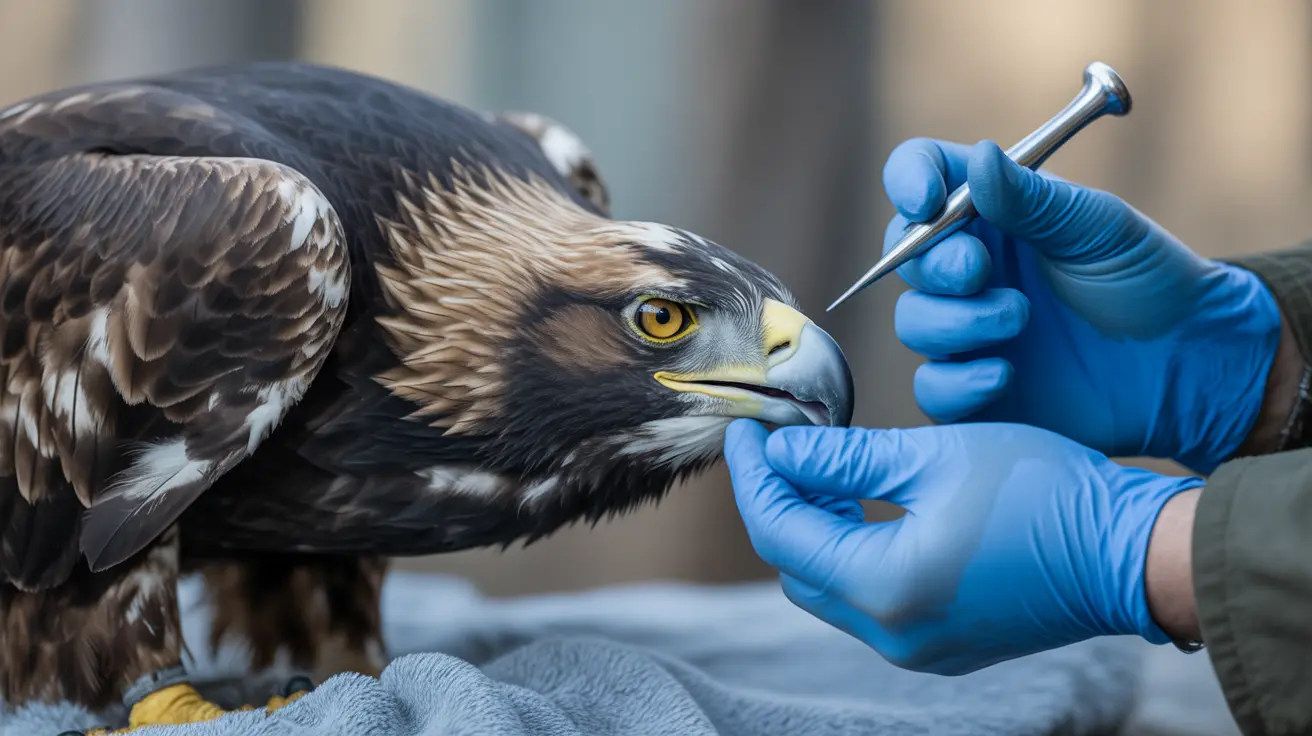Can Eggs Help Your Dog Gain Weight?
Many pet owners seek simple, natural ways to help their underweight dogs gain healthy weight. One common question is whether eggs can play a role in this process. The answer is yes—when used appropriately, eggs can be a beneficial part of your dog's weight gain strategy.
Why Eggs Can Support Weight Gain
Eggs are nutrient-dense and provide high-quality protein and healthy fats. These nutrients are essential for muscle development and caloric intake. When incorporated mindfully into your dog’s diet, eggs can contribute to gradual, healthy weight gain:
- Proteins in eggs support muscle growth and tissue repair.
- Fats provide energy and help increase total caloric intake.
- Vitamins and minerals in eggs, like vitamin A, B-complex, and selenium, support overall health.
How to Incorporate Eggs into Your Dog's Diet
To safely use eggs for weight gain, follow these practical guidelines:
- Cook eggs before feeding to eliminate the risk of salmonella and to make them easier to digest.
- Start slowly. Begin with one egg a few times a week and observe your dog’s response.
- Mix with meals. Add eggs to your dog’s regular food to boost its appeal and caloric density.
- Use as treats or toppers. A boiled or scrambled egg can serve as a high-protein reward or topper to stimulate appetite.
While eggs are helpful, they should not replace a complete and balanced diet. Nutrient deficiencies may occur if eggs are overused or displace essential components of your pet’s meals.
Monitoring Progress
To ensure your dog is gaining weight appropriately:
- Track weekly weight and check physical signs like muscle mass and energy level.
- Record meals and snacks to maintain a consistent feeding routine.
- Adjust portions gradually, increasing by about 10% weekly as needed.
Complementary High-Calorie Foods
In addition to eggs, several other human foods can support healthy weight gain in dogs:
- Lean meats like chicken, turkey, and beef
- Cottage cheese and peanut butter (xylitol-free)
- Cooked rice and sweet potatoes
- Fish such as salmon and sardines for extra omega-3s
All additions should be introduced slowly to avoid digestive issues and integrated into a comprehensive meal plan.
Veterinary Guidance Is Key
Before making any diet changes, consult your veterinarian. Dogs may be underweight due to underlying health issues such as parasites, dental disease, or chronic illness. Your vet can:
- Diagnose potential medical causes
- Offer individualized feeding recommendations
- Provide guidance on portion sizes and nutrient needs
Signs Your Dog May Be Underweight
Common indicators of an underweight dog include:
- Visible ribs, spine, or hip bones
- Decreased muscle mass
- Lethargy and low energy
- Dull coat and exaggerated abdominal tuck
Your vet may use a Body Condition Score (BCS) to assess your dog. A score of 1 means emaciated, and 9 is obese—dogs should typically score 4 or 5.
Other Healthy Weight Gain Strategies
Besides feeding eggs, consider these additional tips:
- Frequent smaller meals throughout the day to increase caloric intake without overloading digestion
- Use of high-calorie commercial foods formulated for active or underweight dogs
- Stress management to improve appetite—feed in a quiet, comfortable location
- Moderate exercise like walking, swimming, or gentle play to build muscle and stimulate hunger
Foods and Practices to Avoid
To ensure safe, productive weight gain:
- Avoid toxic foods: chocolate, onions, garlic, grapes
- Avoid processed or sugary foods
- Don’t rely on treats alone—they should complement, not replace, balanced meals
Summary: Eggs as a Helpful Supplement
Eggs can be a valuable tool in helping your dog gain weight, offering high protein and healthy fats in a natural form. However, they should be used as part of a comprehensive feeding and health plan. With the right approach—including veterinary supervision, appropriate food choices, and consistent monitoring—you can help your underweight dog reach a healthier condition and greater vitality.





